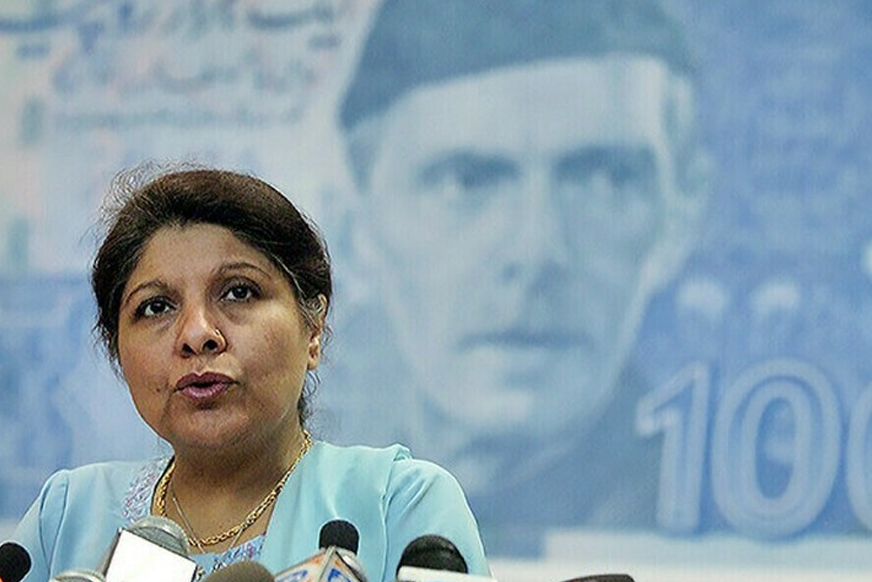Caretaker Finance Minister Shamshad Akhtar revealed on Thursday that the government has decided to postpone its plans to issue a $1.5 billion international bond.
The minister emphasized that Pakistan’s economic fragility necessitates a continuation of its engagement with the International Monetary Fund (IMF) through extended loan programs.
This decision follows the recent attainment of a staff-level agreement with the IMF on a nine-month bailout package, underlining the challenging economic landscape that Pakistan currently faces.
During a press briefing, Dr. Akhtar outlined key aspects of the agreement, emphasizing the government’s commitment to tax adjustments and addressing issues such as circular debt in the gas and power sectors.
One notable commitment outlined by Dr. Akhtar is the continuous revision of electricity and gas rates, with a planned gas price hike in January.
Furthermore, she emphasized the importance of transferring the management of these sectors to the private sector and institutionalizing efforts against power and gas theft.
To address the external financing gap, Dr. Akhtar expressed confidence in achieving the tax collection target and highlighted ongoing negotiations with the World Bank, the Asian Development Bank, and the Asian Infrastructure Investment Bank for loans totaling $1 billion.

Furthermore, talks with commercial entities are underway to secure $3.5 billion in projected commercial inflows through the issuance of an Environment, Social, and Governance (ESG) bond.
The postponement of the international bond issuance was attributed to high interest rates and costly market conditions. Dr. Akhtar affirmed the government’s commitment to repay the $1 billion bond maturing in April next year, while exploring alternative possibilities for financing.
While acknowledging the necessity of another IMF program in the near future, Dr. Akhtar stressed the fragility of Pakistan’s economic stability, stating, “Until we are able to increase exports and domestic resources, we will need another program.” She indicated the likelihood of entering into another Extended Fund Facility (EFF) but cautioned that it might be premature to discuss specifics at this time.
As the government works towards fast-tracking reforms in state-owned enterprises (SOEs) and achieving revenue targets, the economic landscape remains dynamic.
Dr. Akhtar’s priorities include ensuring the smooth disbursement of the last $1.1 billion tranche under the current IMF facility, with an eye on potential discussions for a new program.
Pakistan’s financial trajectory appears to be at a critical juncture, with ongoing negotiations, deferred bond issuances, and the looming possibility of further engagement with the IMF shaping the country’s economic outlook in the coming months.



